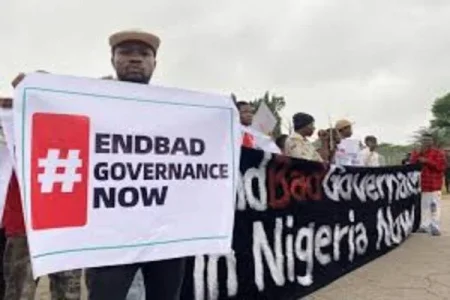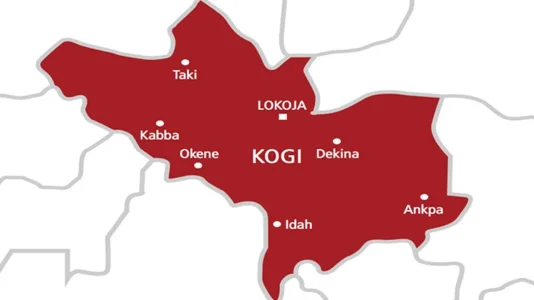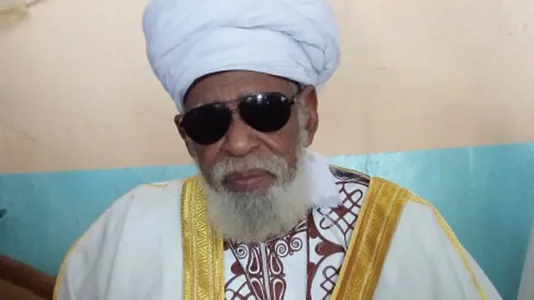
A Federal High Court in Abuja has frozen 32 bank accounts allegedly tied to the #EndBadGovernance protests. The ruling, based on allegations of terrorism financing and treason, aims to prevent transactions during investigations. Affected accounts belong to various entities, with banks instructed to enforce Post-No-Debit orders immediately.
A Federal High Court in Abuja has ordered the freezing of 32 bank accounts allegedly linked to the #EndBadGovernance protests across Nigeria. The court ruling, delivered by Justice Emeka Nwite, directed banks to place a Post-No-Debit (PND) on these accounts to prevent any transactions that could potentially disrupt ongoing investigations.
The ruling was based on an ex-parte motion filed by Ibrahim Mohammed, the Counsel to the Inspector-General of Police. The motion claimed that the frozen accounts were involved in activities such as financing terrorism, committing treasonable felonies, and engaging in cyberbullying and cyberstalking. The court order aims to ensure that no funds are withdrawn or transferred from these accounts, which could otherwise hinder investigations and potential prosecutions.
In the court's directive, banks were instructed to provide detailed information on the account packages and enforce the PND order immediately. They were also required to disable ATM access while still permitting inflows into the accounts.
The frozen accounts belong to various individuals and entities, including PA.LIN.HO Global Service Ltd, Innocent Angel Lovet Chinyere Nkiru, Obidient Movement Multipurpose Cooperative Society, and Great Communicators Champion Multipurpose Cooperative Society Ltd. Some of the affected accounts include:
Detective Gregory Woji, who supported the ex-parte motion, stated that preliminary investigations revealed that some suspects were recruited by financiers to cause mayhem, including the destruction of lives and property. He added that foreign nationals were allegedly involved in these activities, further justifying the need for freezing the accounts and detaining the account holders.
The court's action has sparked significant public interest, as it targets accounts linked to a movement that has been critical of the government's policies.




